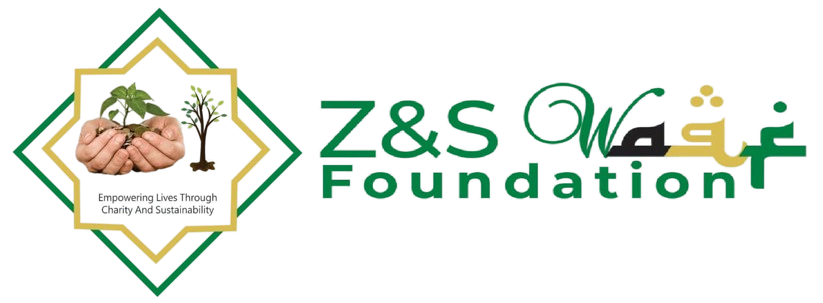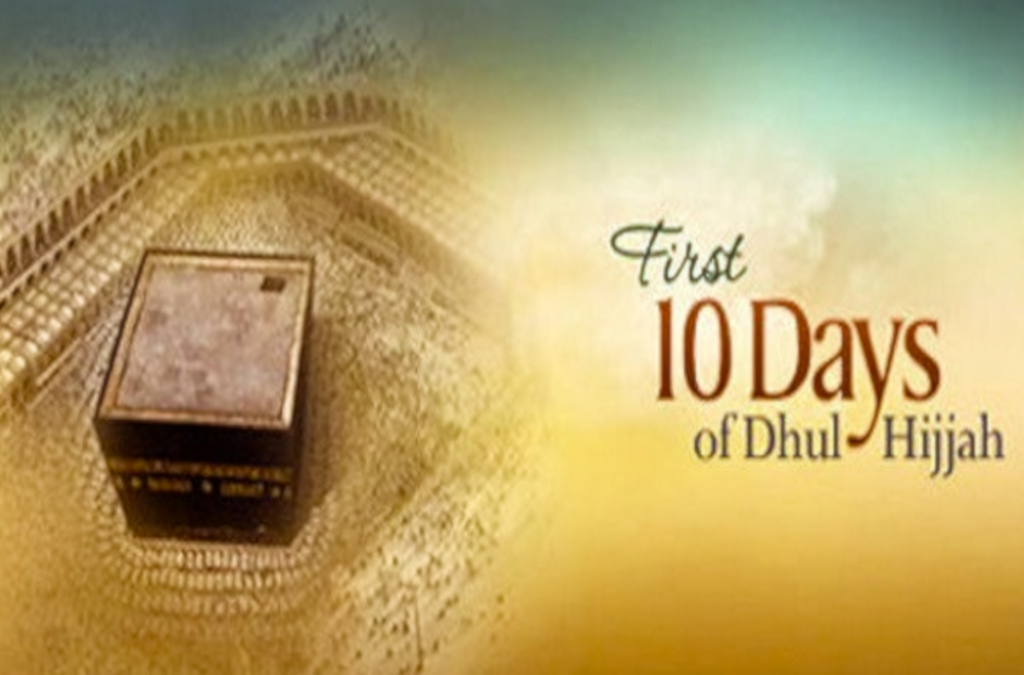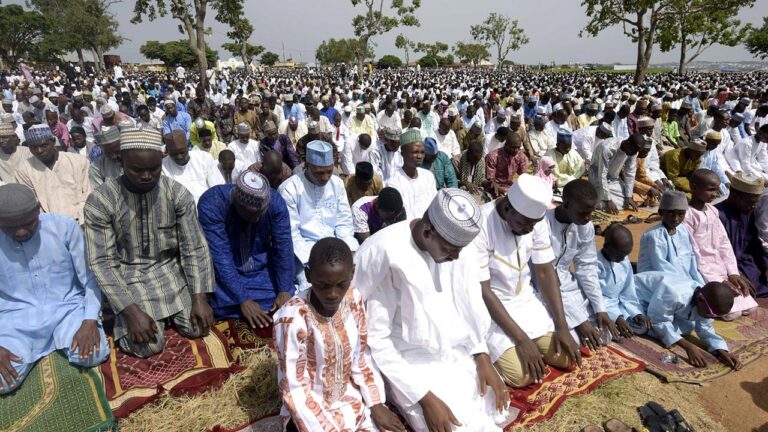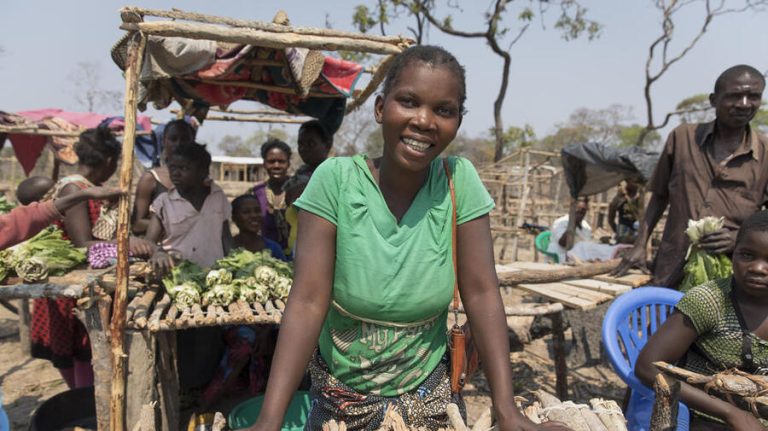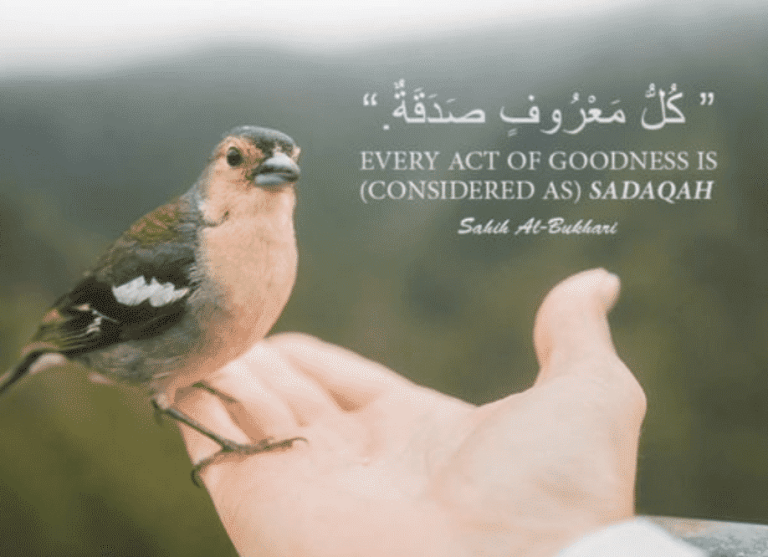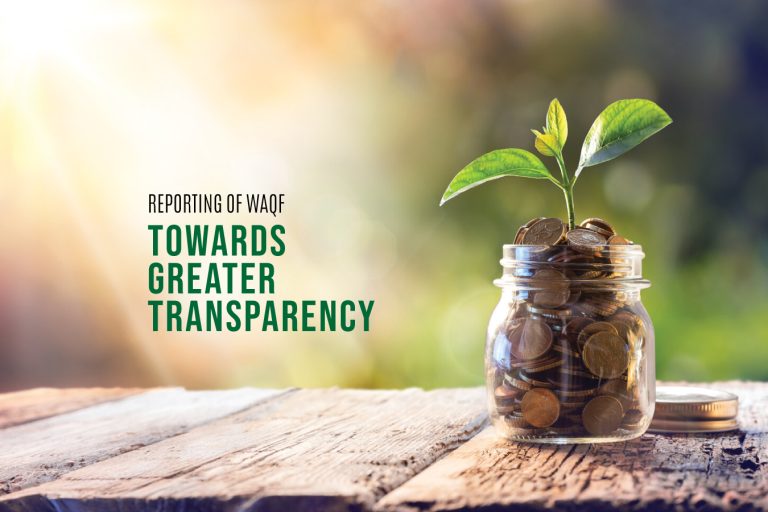The Blessings of Charity in the First Ten Days of Dhul-Hijjah
Introduction: The Islamic calendar is adorned with various blessed months and significant periods for Muslims to engage in acts of worship and increase their rewards. Among these special times is the first ten days of Dhul-Hijjah, the twelfth month of the Islamic lunar calendar. These ten days hold immense importance and offer a unique opportunity for Muslims to engage in acts of worship, including charity. In this blog post, we will explore the significance of charity during the first ten days of Dhul-Hijjah and the blessings it brings.
- The Virtue of the First Ten Days of Dhul-Hijjah: The first ten days of Dhul-Hijjah are considered to be the most sacred days of the entire year. They were mentioned explicitly by the Prophet Muhammad (peace be upon him) as days filled with blessings and opportunities for righteous deeds. Engaging in acts of worship, particularly charity, during these days holds immense virtue and reward.
- The Importance of Charity in Islam: Charity, or “Sadaqah,” is an integral part of Islamic teachings. It holds a significant position in the religion, as it not only benefits the recipients but also purifies the heart of the giver. Muslims are encouraged to give generously and selflessly, especially during times of spiritual significance, such as the first ten days of Dhul-Hijjah.
- Types of Charity: Charitable acts can take various forms, from giving financial aid to volunteering time and skills. During the first ten days of Dhul-Hijjah, Muslims can engage in different types of charity, including donating to reputable organizations, providing food and clothing to the needy, sponsoring orphans, and supporting community development projects.
- Rewards and Blessings of Charity: Charity during the first ten days of Dhul-Hijjah carries immense rewards and blessings. The Prophet Muhammad (peace be upon him) said, “The deeds of people are presented to Allah on the first ten days of Dhul-Hijjah. So increase your supplications and remembrance of Allah during these days.” Every act of charity during this period becomes an opportunity to seek Allah’s pleasure and earn multiplied rewards.
- The Power of Giving: Charity has a profound impact not only on the lives of those in need but also on the individual who gives. It fosters compassion, gratitude, and humility. By reaching out to the less fortunate, Muslims can experience the joy of giving and develop a deeper connection with their Creator.
- Practical Ways to Engage in Charity: There are numerous ways to engage in charity during the first ten days of Dhul-Hijjah. Muslims can organize fundraising events, establish food drives, contribute to welfare organizations, or sponsor educational initiatives. Additionally, volunteering at local charities or offering personal assistance to those in need are beautiful acts of charity that can be performed.
- Inspiring Examples from Islamic History: Islamic history is filled with inspiring examples of individuals who dedicated themselves to charitable acts during the first ten days of Dhul-Hijjah. The Companions of the Prophet (may Allah be pleased with them) were known for their generosity and kindness during this sacred period. Their stories serve as a motivation for Muslims today to follow in their footsteps.
Conclusion: In the first ten days of Dhul-Hijjah, Muslims are presented with a unique opportunity to engage in acts of worship, including charity. By participating in charitable deeds during this blessed period, Muslims can reap the immense rewards and blessings that Allah has promised. Let us seize this auspicious time to make a positive impact on the lives of others and purify our hearts through the act of giving.
